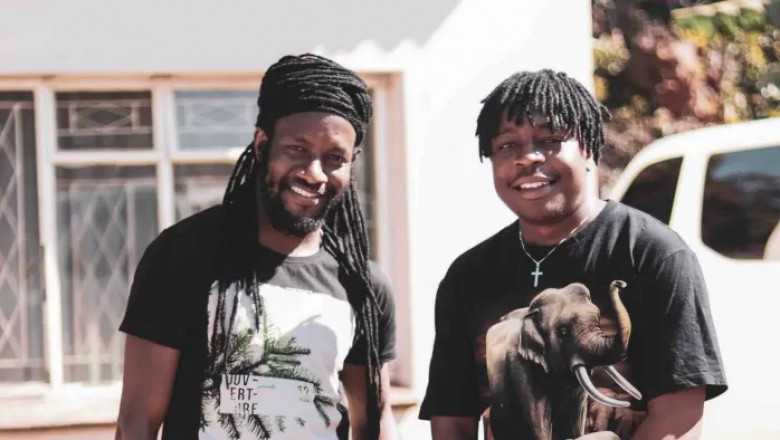
The recent controversy surrounding Holy Ten and Winky D in Zimbabwe has sparked heated debates on social media and has even turned into a political issue. According to the latest developments, fans are angry at Holy Ten for making negative remarks about Winky D and some have even unfollowed him on social media. The situation took a turn when Holy Ten tweeted that he will prove that Winky D is not a god.
It is believed that Winky D's album was sponsored by the opposition party, the CCC, and its leader Nelson Chamisa is a huge fan of the artist. This has led some members of the opposition party, the CCC, to take offence with Holy Ten's statements and distance himself from the political drama.
However, in a democratic country like Zimbabwe, everyone is entitled to support the political party of their choice and it is not uncommon for musicians to be associated with political parties. It is important to note that these claims have not been verified and it is not yet clear if Winky D's album was indeed sponsored by the opposition party.
Regardless, some politicians have taken to social media to express their disappointment with Holy Ten, including Hopewell Chin'ono and FadZai Mahere, who have been abusive towards the artist. This controversy highlights the division in the country and the role that artists and music play in shaping political opinions.
It is important to remember that freedom of speech and expression is a fundamental right in a democracy and it is crucial for individuals to respect each other's opinions, even if they may not agree with them. It is also important for artists to stay true to their values and beliefs, regardless of the backlash they may receive from the public or political figures.










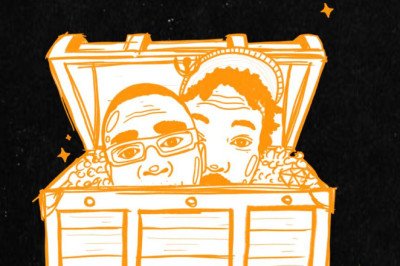

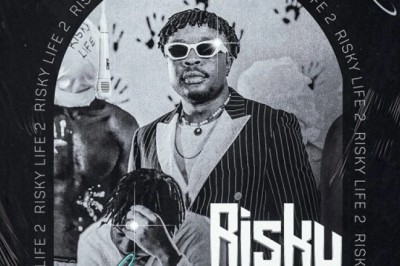


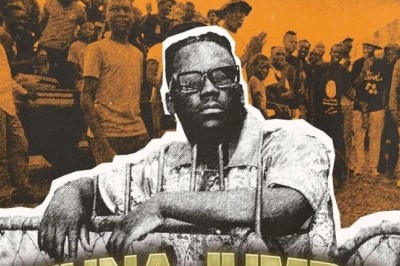
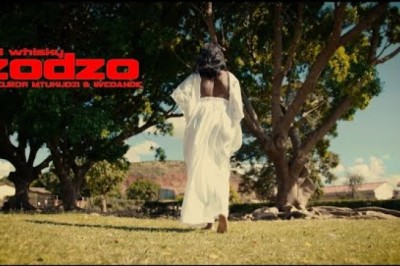
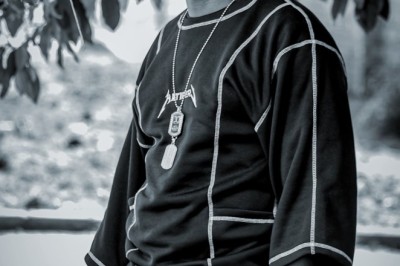
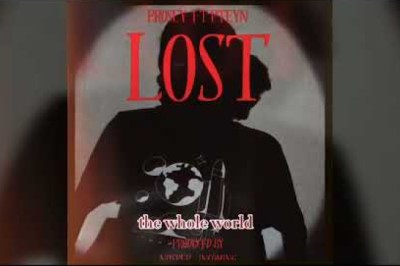
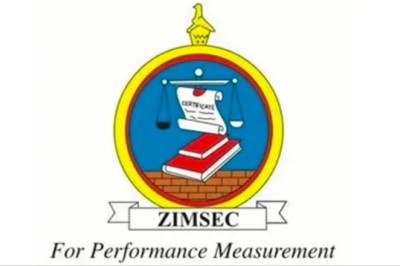


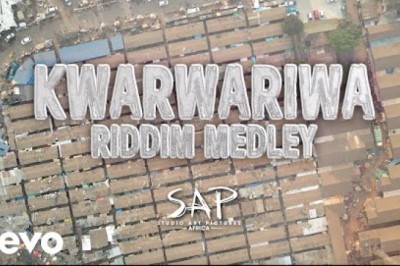

Facebook Conversations